Alongside the launch of iOS 16.1, Apple updated its App Store Guidelines to clearly state that apps such as Facebook that offer "boosts" for posts and other ad content must use in-app purchases for these features. Facebook parent company Meta is not happy with Apple's guideline tweak, and in a statement to The Verge, said that Apple is creating policies to bolster its own business while undercutting others.

"Apple continues to evolve its policies to grow their own business while undercutting others in the digital economy. Apple previously said it didn't take a share of developer advertising revenue, and now apparently changed its mind. We remain committed to offering small businesses simple ways to run ads and grow their businesses on our apps."
Facebook allows companies and individuals to pay to "Boost" a post that is performing well, getting it in front of more potential viewers and customers. Prior to the guideline update, Apple said multiple times that digital content sold within apps must be sold through in-app purchases, but Facebook has not followed that rule.
When boosting a post in the Facebook app for iOS, in-app purchase is not required. A boosted post is paid for through a credit card, debit card, PayPal, or a bank account, which means Apple is not getting a cut of the money that businesses and advertisers pay to Facebook. Instagram also uses direct purchase, but other social media networks like Twitter and TikTok use in-app purchases for similar post boosting features.
Facebook and Instagram have used the same direct purchase option for boosts for years, and Apple has let Meta get away with it. The Wall Street Journal, in fact, detailed the private dispute between Apple and Meta over the issue back in August.
While Apple had rules surrounding digital purchases prior to the revamped guidelines, the new wording calls out boosted posts specifically, though the text is listed at the bottom of a rule about ad management apps that do not display ads themselves.
"Advertising Management Apps: Apps for the sole purpose of allowing advertisers (persons or companies that advertise a product, service, or event) to purchase and manage advertising campaigns across media types (television, outdoor, websites, apps, etc.) do not need to use in-app purchase. These apps are intended for campaign management purposes and do not display the advertisements themselves. Digital purchases for content that is experienced or consumed in an app, including buying advertisements to display in the same app (such as sales of "boosts" for posts in a social media app) must use in-app purchase."
An Apple spokesperson confirmed to The Verge that Apple previously had a clear guideline requiring digital goods and services to use in-app purchases, but there was no explanation on why Apple has tweaked the wording of the guideline, nor why Facebook has not been made to comply.
"For many years now, the App Store guidelines have been clear that the sale of digital goods and services within an app must use In-App Purchase. Boosting, which allows an individual or organization to pay to increase the reach of a post or profile, is a digital service -- so of course In-App Purchase is required. This has always been the case and there are many examples of apps that do it successfully."
It is unclear if the guideline changes implemented yesterday represent Apple taking a firmer stance against Facebook and Instagram, but if Apple does start taking a cut of boosted posts, Facebook will likely pass the added cost along to the individuals and businesses that use the boost feature.


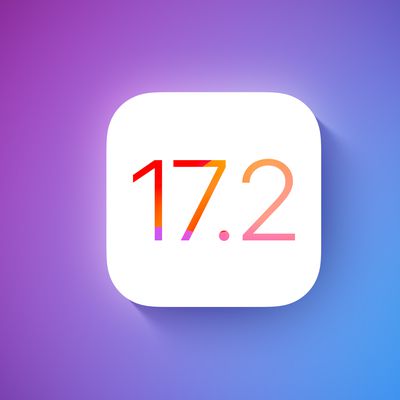
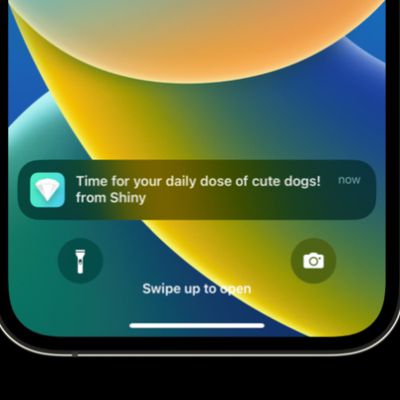
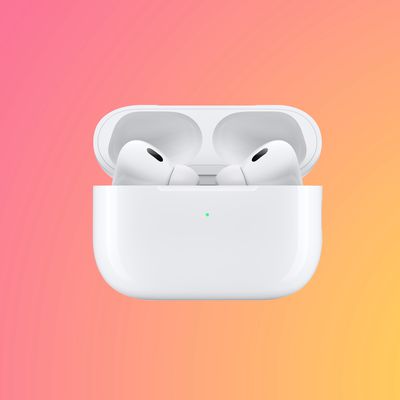
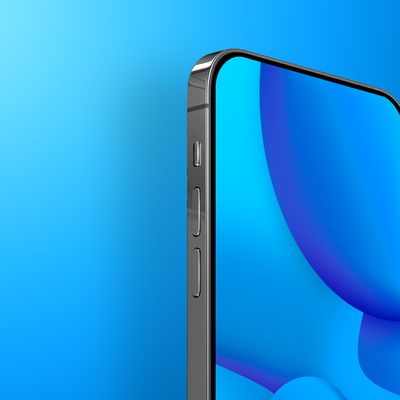
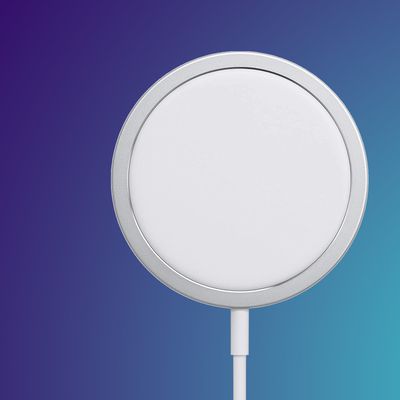
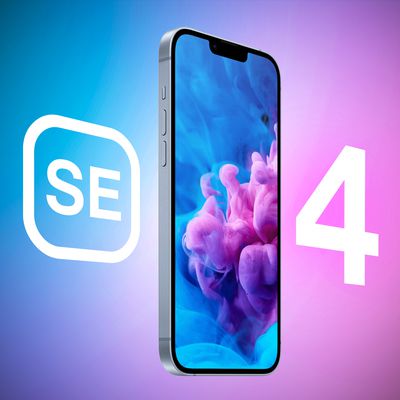

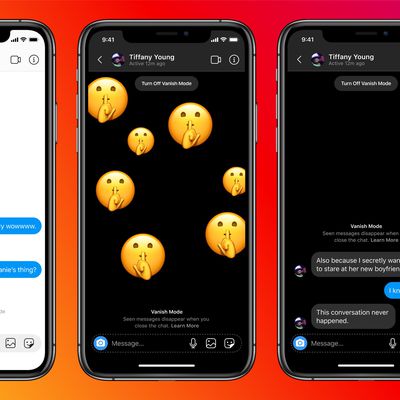











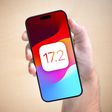

Top Rated Comments
Wahhhh Facebook.